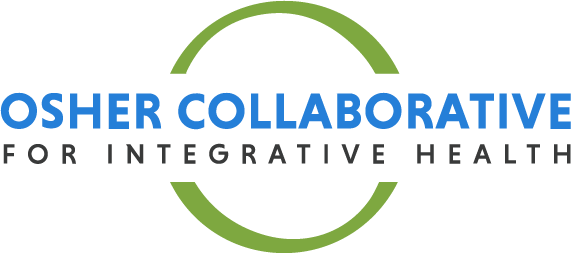Frequently Asked Questions about Cancer and Nutrition

Cancer patients often ask us dietary questions, wondering whether or not certain advice they have heard is accurate. We’ve combed the literature to establish what the evidence shows at this time. In this section, we:
- answer questions that we commonly hear regarding claims,
- review and analyze the literature, and
- provide our recommendations.
Can fasting or calorie restriction help my body fight cancer? Could it also help cancer treatment be more effective?
Both calorie restriction and fasting are the subject of ongoing research, and definitive conclusions await the results of those studies. Although it may not be appropriate for everyone, particularly those who are underweight or very ill, and should never be attempted without the supervision of qualified practitioners, there is some promising research for protection of healthy cells while boosting the immune system and lowering risk for cancer.
Read our extensive review of fasting and calorie restriction.
Does sugar feed cancer, and if so, should I completely avoid it?
While researchers continue to investigate the connection between sugar and cancer, there is accumulating evidence that sugar consumption is associated with increased cancer risk, recurrence, and mortality. Specifically, high blood sugar levels lead to conditions such as high insulin levels and obesity, which both increase the risk for cancer.
Read our extensive review of sugar and cancer.
Should I restrict my carbohydrate intake to help my body fight cancer?
Although researchers continue to investigate the benefits of a low carbohydrate diet in cancer prevention, there is accumulating evidence that restricting carbohydrates could enhance treatment, inhibit tumor growth, extend survival, and reduce the risk of cancer development without adverse effects at appropriate caloric intake.
Read our extensive review of low carbohydrate diets and cancer.
Do all animal foods increase the risk for cancer? What factors within animal food are problematic?
The over-arching claim to avoid all meat and animal products is not warranted. You do not need to be vegan to lower your risk for cancer but you do need to consume a lot of plant foods. After reviewing recent research the risk versus benefit of animal foods varies quite a bit depending on the type of animal protein and the way it is prepared. Overall the cooking method (e.g., high temperature cooking) and processing of meat (e.g., smoking and curing) provide the strongest concern for cancer risk where-as certain animal proteins, especially fish, may actually be protective.
Read our extensive review of animal protein and cancer risk.
Should I include supplements and/or herbal medicine in my fight against cancer?
Your best defense against cancer is a plant-based, whole foods diet. Beyond that, dietary supplements and herbal medicines can sometimes be helpful allies. The research really varies from supplement to supplement for known efficacies. It will be important to determine if it is safe for you to include supplements depending on your treatment regimen. Be sure to inform your oncology team of what supplements you are taking or would like to take. Below are resources that discuss evidence, safety and known drug interactions for different herbs and supplements:
- Dr. Donald Abrams’ video: Rational Use of Natural Supplements in Cancer Care
- Medline Plus: Herbs and Supplements (website)
- Memorial Sloan Kettering Cancer Center: Herbs (website)
What can I do to help minimize side effects during treatment?
There are many dietary strategies that can help minimize the side effects of treatment. The UCSF Hellen Diller Family Comprehensive Cancer Resource Center is a great place to start. Our oncology dietitians will meet with you for free to go over your questions and concerns and tailor a plan specifically for you. If you are a patient at UCSF, the oncology dietitians will meet with you to go over your questions and concerns and tailor a plan specifically for you. You may also want to make an appointment at the Osher Center to meet with one of our integrative oncologists, acupuncturists, or our dietitian.
Legal notice
This documentation has been compiled by the UCSF Osher Center with all due care and expert knowledge. However, the UCSF Osher Center provides no assurance, guarantee or promise with regard to the correctness, accuracy, up-to-date status or completeness of the information it contains. Readers are strongly advised to discuss the information with their physician. Accordingly, the UCSF Osher Center shall not be liable for damage or loss caused because anyone relies on the information.

